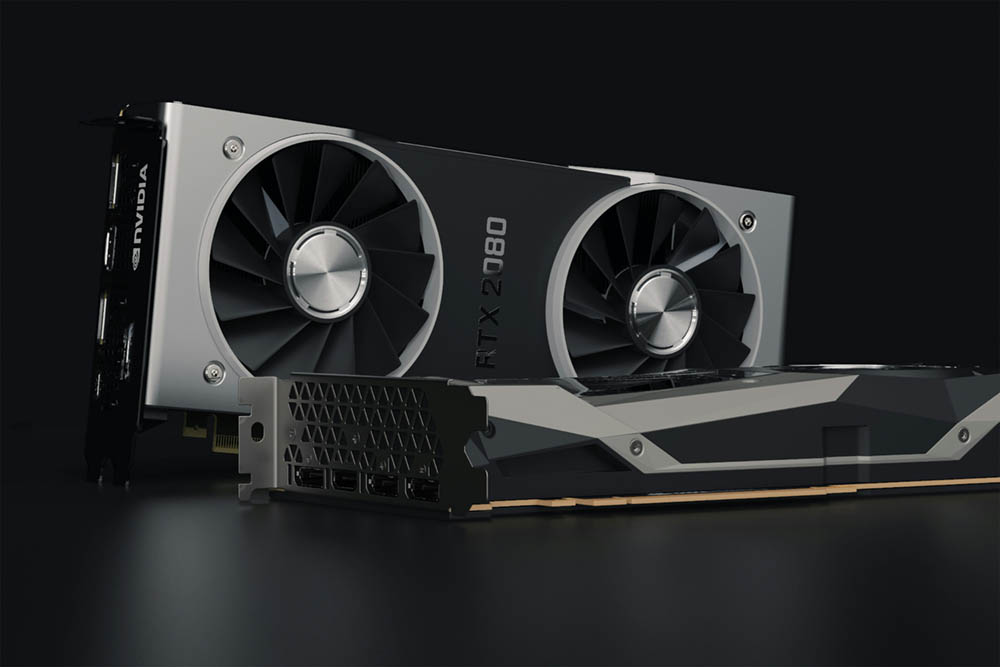GPU (Graphics Processing Unit)

A Graphics Processing Unit (GPU) is a specialized hardware component designed to accelerate complex computing tasks, especially those involving parallel processing. Originally developed for rendering graphics, GPUs have become essential in AI, machine learning, and deep learning applications due to their ability to process multiple data streams simultaneously. This parallel processing capability makes GPUs ideal […]
High Availability (HA)

High Availability (HA) is a characteristic of systems designed to ensure continuous operational uptime and accessibility, even in cases of hardware failure, network disruptions, or other potential issues. HA systems are built to minimize downtime and guarantee that critical applications and data remain accessible, which is crucial for businesses that depend on uninterrupted service. VDURA’s […]
High-Performance Computing (HPC)

High-Performance Computing (HPC) refers to the use of advanced computing resources and parallel processing techniques to perform complex computations at extraordinary speeds. HPC is essential for tackling data-intensive tasks such as scientific simulations, financial modeling, and large-scale data analysis, which require significant computational power and storage capacity. HPC environments typically involve clusters of powerful computers […]
Inference (AI)

Inference in AI is the process where trained machine learning models make predictions, classifications, or decisions based on new input data. Unlike training, which involves extensive computational resources to develop the model, inference focuses on applying the model to generate real-time insights or decisions. Inference tasks are essential for applications like image recognition, natural language […]
Latency

In computing, latency refers to the time delay between a request for data and the response, representing the speed at which data can be accessed or transferred within a system. In High-Performance Computing (HPC) and AI applications, lower latency is essential for efficient data processing, as even small delays can impact overall performance, especially in […]
Machine Learning (ML)

Machine Learning (ML) is a subset of artificial intelligence (AI) that allows systems to learn from and make decisions based on data, improving performance over time without explicit programming. Through ML algorithms, systems identify patterns, make predictions, and adapt autonomously, which is critical in applications like recommendation engines, fraud detection, and predictive maintenance. Effective ML […]
Model Training

Model training in AI is the process of feeding large datasets into an algorithm, allowing it to learn from data patterns and improve its predictive accuracy over time. During training, the model adjusts its internal parameters through iterative learning, using techniques like supervised, unsupervised, or reinforcement learning to refine its outputs. This phase is computationally […]
Neural Networks

Neural networks are computational models fundamental to deep learning, designed to mimic the way the human brain processes information. They consist of layers of interconnected nodes, or “neurons,” which work together to analyze input data, identify patterns, and make decisions. Each layer in a neural network extracts different features from the data, with deeper layers […]
Non-Volatile Memory Express (NVMe)

Non-Volatile Memory Express (NVMe) is a high-speed storage protocol designed specifically for modern SSDs (Solid-State Drives) to optimize data transfer between a system’s storage and its central processing unit (CPU). Unlike older protocols that were originally designed for slower spinning drives, NVMe leverages the direct link to the PCIe (Peripheral Component Interconnect Express) bus, dramatically […]
Object Storage

Object storage is a scalable storage solution that organizes data as discrete units called objects, rather than in traditional file or block structures. Each object includes the data itself, metadata, and a unique identifier, allowing for efficient data retrieval and enhanced metadata management. This approach is especially effective for handling vast amounts of unstructured data, […]